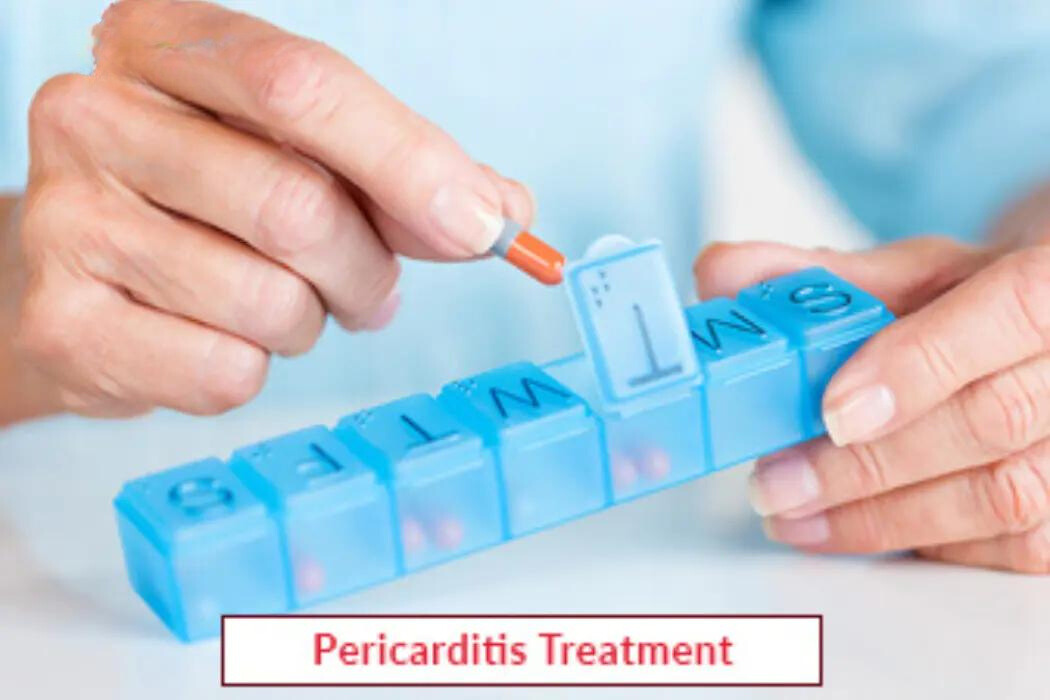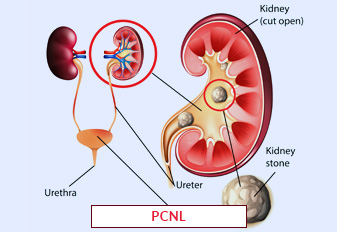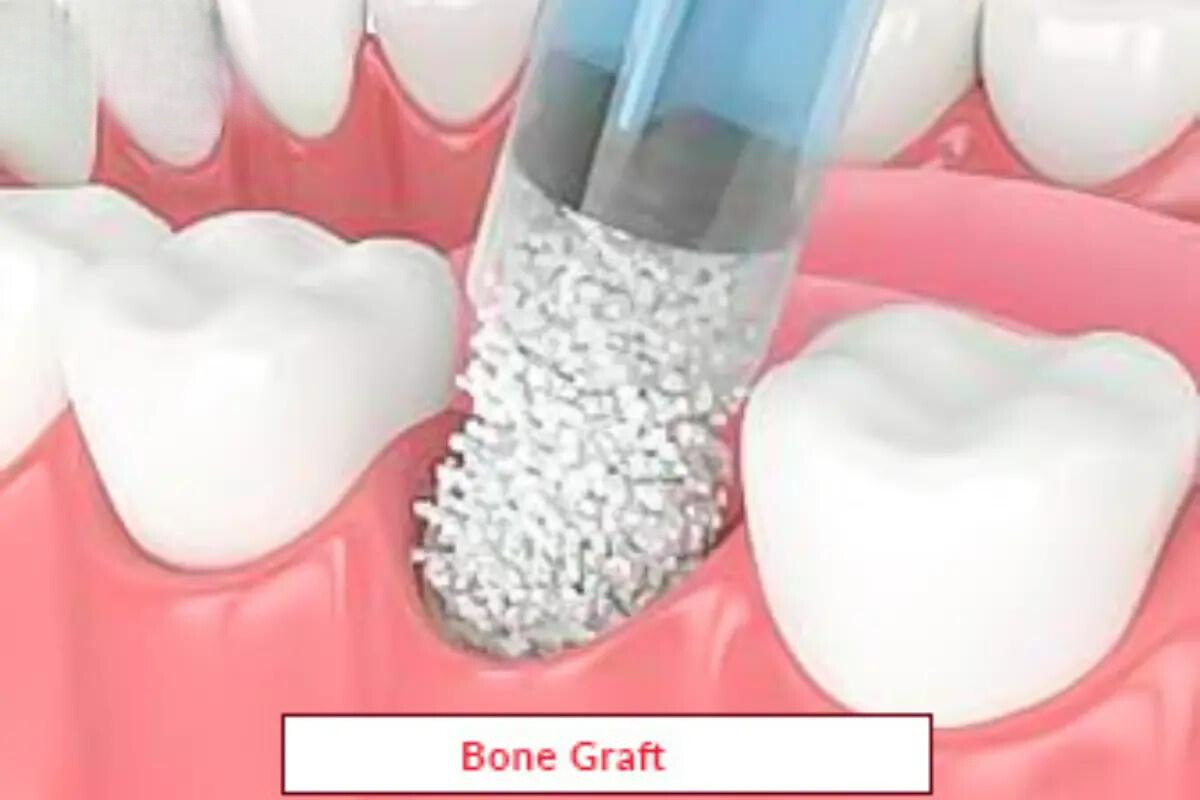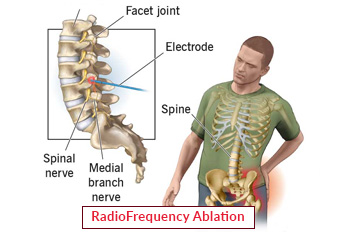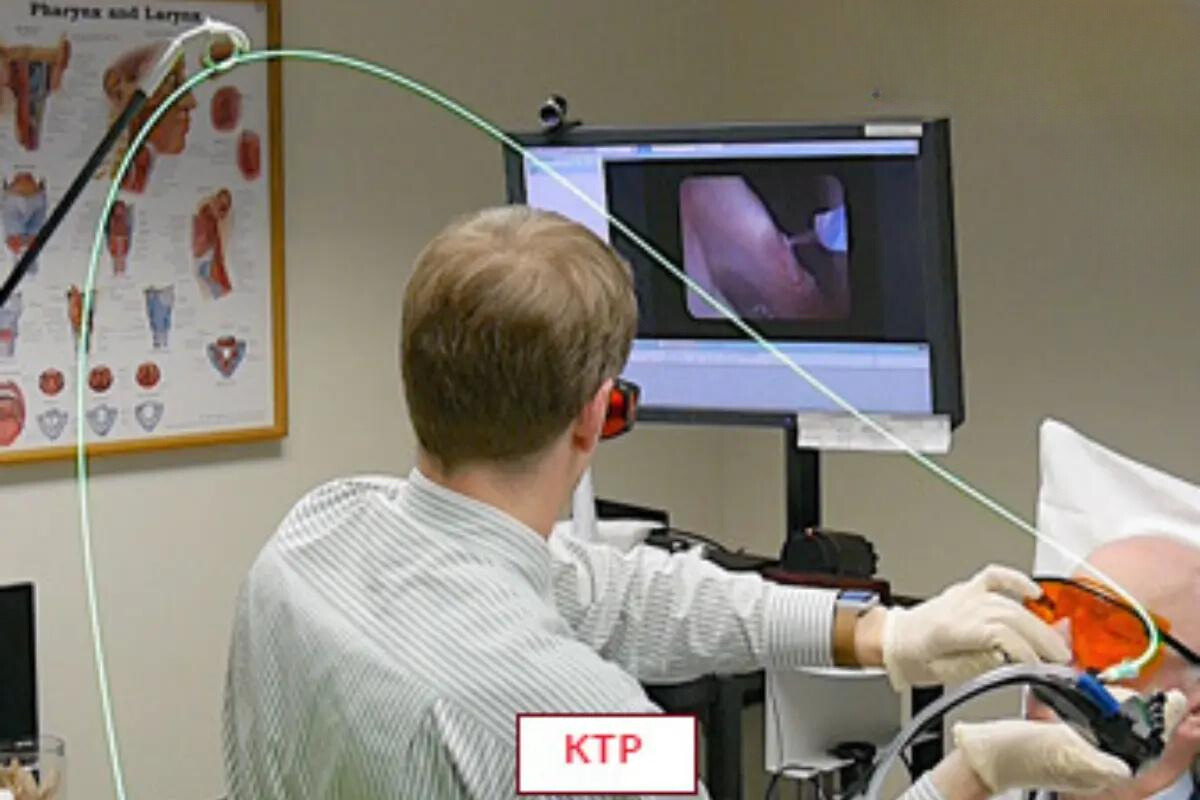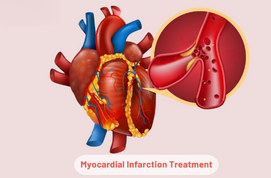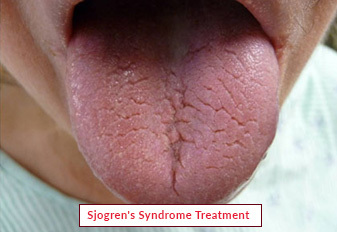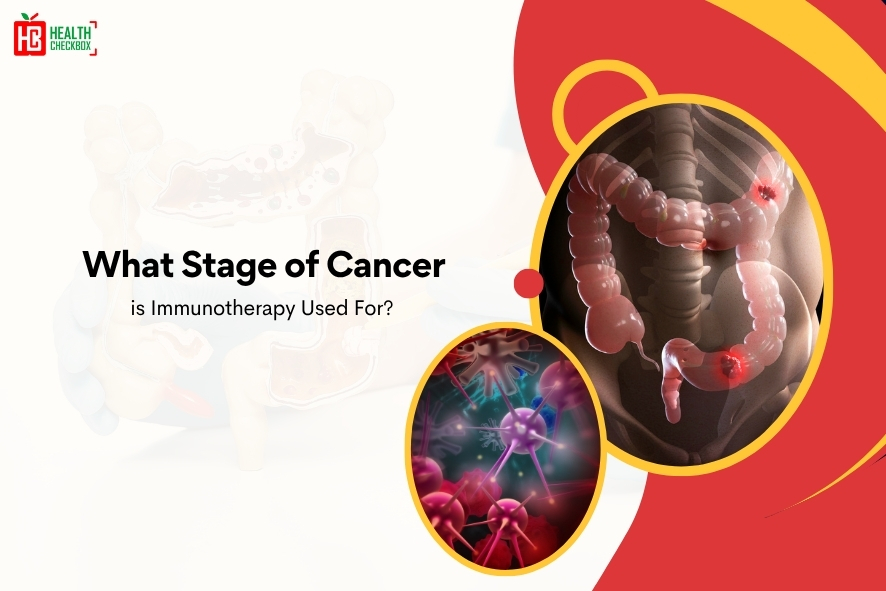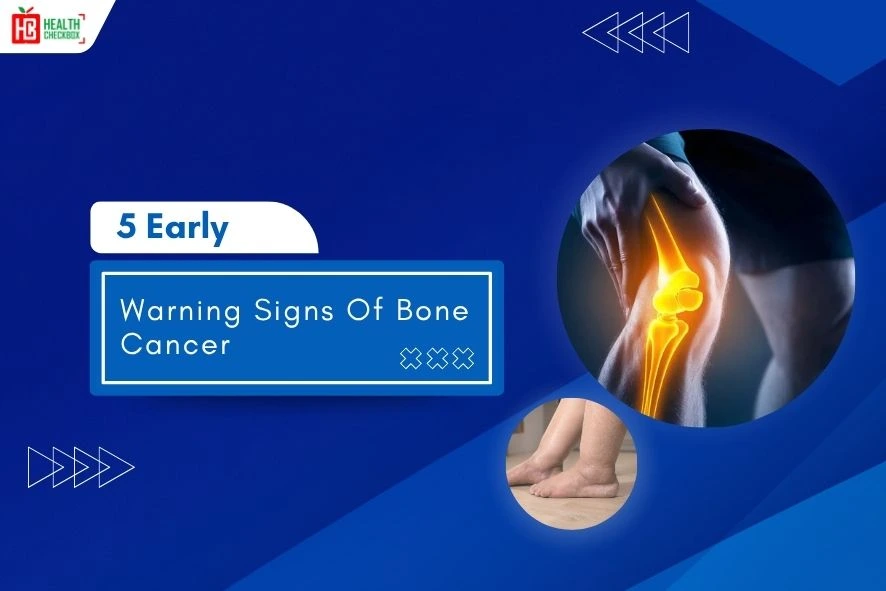Pericarditis is an uncommon type of infection that usually starts to occur in the pericardium layer of the heart. Various types of pericarditis treatment can successfully treat this health concern. This layer is responsible to keep the heart in place inside the chest wall and contributing to the heart functioning. It has a small amount of fluid that helps to prevent friction when the heart beats.
When the pericardium gets inflamed, it shows symptoms like chest pain, fever, back pain, dry cough, shortness in breath, etc. The exact causes of developing pericarditis are not known, however medical experts reckon that viral infections cause this condition. In most cases the infection heals itself and goes away in about three months, but oftentimes it badly affects the heart health of an individual.
Causes of Pericarditis
In almost 90% cases the actual reason of occurring pericarditis are not known however, according to medical experts here have been some causes of this condition that are mentioned below:
- Fungal infections
- Tuberculosis
- Gastrointestinal virus
- Inflammation due to parasite
- Autoimmune disease
- Rheumatoid arthritis
- Scleroderma
- Injury in chest or nearby area
- Kidney failure
- Genetic diseases
- Certain type of medication that affect immune system
Symptoms of Pericarditis
The pericarditis condition detected through specific symptoms, which are as follows:
- Swelling in the feet, legs, and ankles
- Anxiety and Dizziness
- Irritation
- Swelling in abdominal part
- Suffocation
- Dry cough
- Fever
- Back pain, including neck and shoulder
- Feeling trouble while breathing during walk and resting
- Chest pain
- Stabbing
- Abnormal heart rhythm
Types of Pericarditis
- Acute Pericarditis: Acute pericarditis is a condition in which the fluid-filled pouch around the heart causes infection. This can develop due to inflammation, cancer, or heart surgery. In the meantime, it is not usually considered such a serious problem. However, it can cause mild to moderate pain in the chest therefore, one must not ignore the symptoms and immediately seek medical consultation.
- Chronic Pericarditis: It is a rare pericarditis that develops when scar-like (fibrous) tissue forms on the entire pericardium layer. This leads to heart dysfunction and causes symptoms like shortness in breath, coughing, and dizziness.
- Constrictive Pericarditis: It is a severe condition of pericarditis in which the inflamed layer of the pericardium gets stiff, starts to develop scar tissues, thicken, and stick together. This mostly occurs after multiple episodes of acute pericarditis. Trouble breathing, loss of muscle, and lack of appetite are common symptoms of this condition.
- Infectious Pericarditis: This pericarditis occurs due to viral infection, bacterial, fungal, and parasitic infections. Back, neck, shoulder pain, including cough, are the symptoms of this type of pericarditis.
- Idiopathic Pericarditis: According to studies a proven cause of developing idiopathic pericarditis is not known. However, irregular heartbeat, cough, fever, and chest pain are the signs of having idiopathic pericarditis.
- Traumatic Pericarditis: This pericarditis takes place in the heart due to the accidents that caused injury in the heart or nearby area of the chest.
- Uremic Pericarditis: Uremia develops when the kidney is badly affected due to any reason. It might also occur while kidney failure.
- Malignant Pericarditis: It occurs when unhealthy or cancerous cells start to develop in the body. It is a serious condition that can lead to several symptoms like swelling, confusion, chest pain, abdominal distension, etc.
Diagnosis of Pericarditis
To diagnose the pericarditis heart health concern a doctor suggest some tests. These are as follows:
- Blood Test: Through blood tests, a healthcare provider identifies the signs and symptoms, including inflammation and infection on the heart.
- Electrocardiogram (ECG): It is a painless test that measures the electrical signals in the heart and provides quick results or reports. This shows how the heart is beating, whether it is normal or abnormal.
- Chest X-ray: Through conducting X-ray, doctors get to know the size and shape of the heart. It can clearly detect if the heart is enlarged.
- Echocardiogram: An echocardiogram test helps a doctor understand how well the heart is pumping blood. It can also detect if any kind of infectious fluid is building up in the heart tissue through sound waves.
- Cardiac Computerized Tomography CT scan: Cardiac CT scans use X-rays to create images of the heart. This test is recommended to identify heart thickening that could be a symptom of constrictive pericarditis.
- Cardiac Magnetic Resonance Imaging MRI: The test involves radio waves and magnetic rays to get detailed information or images of the heart. This test can successfully provide signs of inflammation, thickening, abnormalities in the tissue, and thin tissue in the surrounding of the heart.
Treatment of Pericarditis
The treatment approach of a doctor depends on the factors such as what kind of symptoms he has been experiencing and the cause of illness, including stages of pericarditis as well. However, the usual approach of treatment options for pericarditis concern are mentioned below:
Medications
- Pain Reliever: If you’re experiencing pain caused by pericarditis, it can be treated by using over-the-counter drugs, these drugs are aspirin, ibuprofen, Motrin IB, Advil, etc. However, one must consult with a doctor, whether online or offline, before taking a non-prescribed medicine.
- Colchicine (Colcrys, Mitigare, others): These medicines reduce the infection in the body. However, one should not take colchicine if he has liver or kidney-related issues and must inform their consulting doctor about their previous medical history and prescribed medicine.
- Corticosteroids: This is an effective medication that potentially fights pericarditis infection on the heart. If a patient is continuously experiencing pericarditis symptoms, then doctors might prescribe the drug to restrict the signs and symptoms.
- Immunosuppressant: This drug may be prescribed when rheumatoid arthritis causes pericarditis. The medicine given to the patient to turn down the immune system to diminish the inflammation it makes.
- Immunomodulators: These drugs change the pattern of the immune system’s activity to aid and control inflammation. If pericarditis develops due to bacterial infections, then the treatment also includes antibiotics.
Surgical Procedure to Treat Pericarditis
If pericarditis causes excessive fluid around the heart, then a surgery treatment is opted to drain out the infectious fluid:
- In this surgical procedure, a sterile needle or a small tube known as catheter is used to drain out the excessive fluid present into the pericardium layer of the heart. This surgical removal of the fluid is also called pericardiectomy.
Lifestyle Modification To Treat Pericarditis
The following are the lifestyle changes that can help to heal pericarditis condition:
- Taking mindful steps and involving a healthy diet in everyday life.
- Having proper rest and stress management.
- Avoid processed food choices that cause discomfort in the heart.
- Having medications on time and practicing meditation.
Our Other Services
Latest Health Tips
Can Immunotherapy Cure Stage 4 Lung Cancer?
Early Signs of Cervical Cancer
Foods that Kill Cancer: Leafy Vegetables, Grains, & More
What Stage of Cancer is Immunotherapy Used For?
Which is Worse for Cancer, Sugar or Alcohol?
Vaccines That Prevent Cancer
What Kills Cancer Cells in the Body Naturally?
Early Warning Signs of Bone Cancer
Submit Your Enquiry
Testimonials








